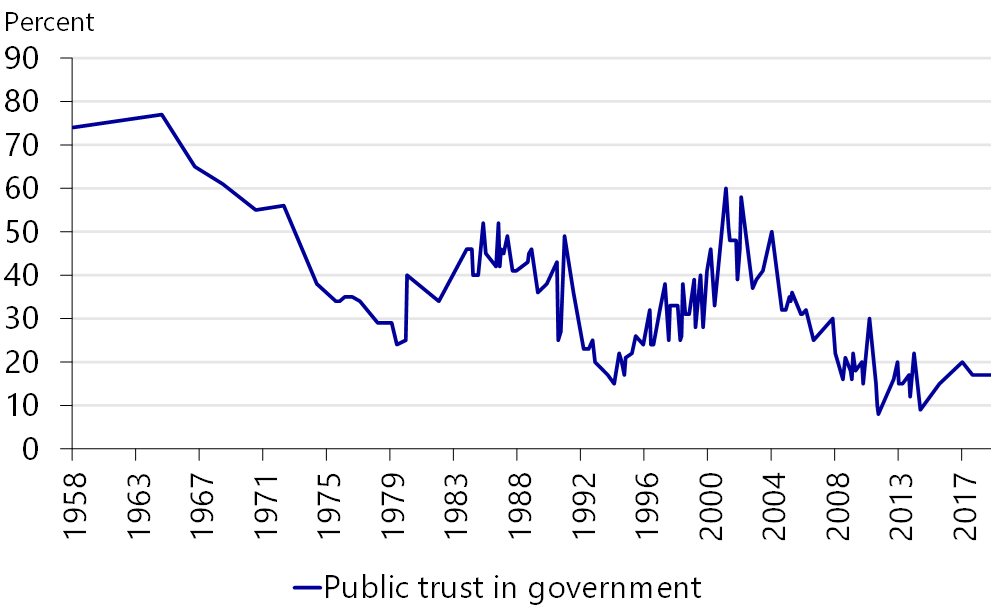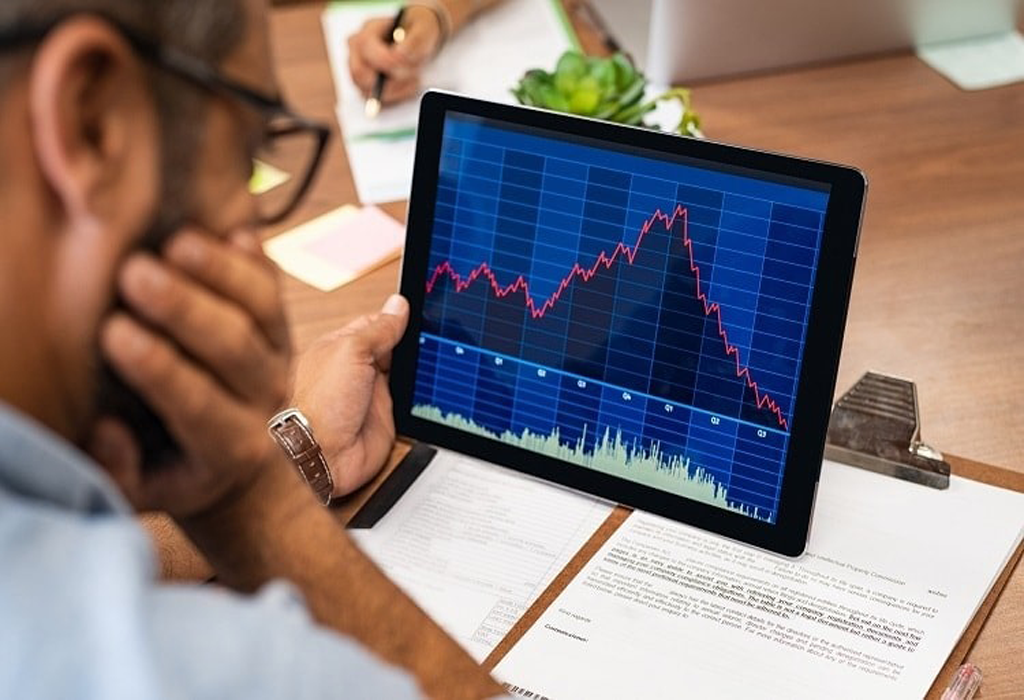Social unrest, such as riots and mass protests, is often a reflection of deep-rooted social problems. Such events serve as warning signs to governments, policymakers, and the wider community that something is not right.
The securities exchange goes all over-dependent on everyday news and occasions, however, that is normally in light of the fact that brokers are attempting to measure whether that most recent data changes their assumptions for what’s to come. As a rule, market members are looking forward to around three to a half years. The S&P 500 has risen 2.6% so far this week
In nations with more open and vote-based organizations, social distress occasions unimportantly affect securities exchange returns.
Fights over the killing of George Floyd are both “disturbing” and “immensely significant,” examiners told CNBC on Tuesday, however it is far-fetched the continuous turmoil will really affect monetary business sectors. It comes after brutal fights on Monday evening discontinuously erupted in New York City, Los Angeles, and St. Louis, Missouri, however, the majority of the showings held for the time being were serene. President Donald Trump undermined on Monday to acquire the military if states and urban areas neglected to stop the agitation. Regardless of the pressures, market members seemed to stay zeroed in on the resuming of the economy from the Covid pandemic. At around 9:45 a.m. ET, the Dow Jones Industrial Average gained 70 points, or 0.3%, while the broader S&P 500 advanced 0.1%. The Nasdaq Composite slid 0.1%.
“U.S. monetary benefactors tend to exceptional these developments and not expect that there will be a ton of agitation, yet we are undeniably set out toward more struggle in my view,” Tina Fordham, head of overall political technique at Avonhurst, told CNBC’s “Chuckle Box Europe” on Tuesday.
At the point when asked what the continuous fights may mean for the financial exchange, Fordham answered that truly, political turmoil in created markets hasn’t muchly affected value markets.
“Monetary sponsor expect that, though this violence is upsetting, that it will blow over and that the U.S. is a legality country and things won’t gain farther of power,” she said. Her remarks come after many significant urban communities across the U.S. were put under time limitation short-term.
Leo.

Social unrest and the stock market
This is not really the first occasion when that the financial exchange hasn’t been influenced by friendly agitation in the U.S. “History shows markets glance through such turbulent occasions and have done as such for quite a long time,” Nicholas Colas, fellow benefactor of DataTrek Research, wrote in a note to customers on June 1. “That may appear to be nonsensical, and maybe not ‘reasonable,’ however it’s totally evident.”
Colas inspected past times of social or political disturbance, including 1968 (when both social equality pioneer Martin Luther King Jr., and Sen. Robert Kennedy, an official up-and-comer, were killed), late 1998 and mid-1999 (when President Bill Clinton was reprimanded), and 2011 (the Occupy Wall Street development). In every one of those past periods, stock costs rose.









